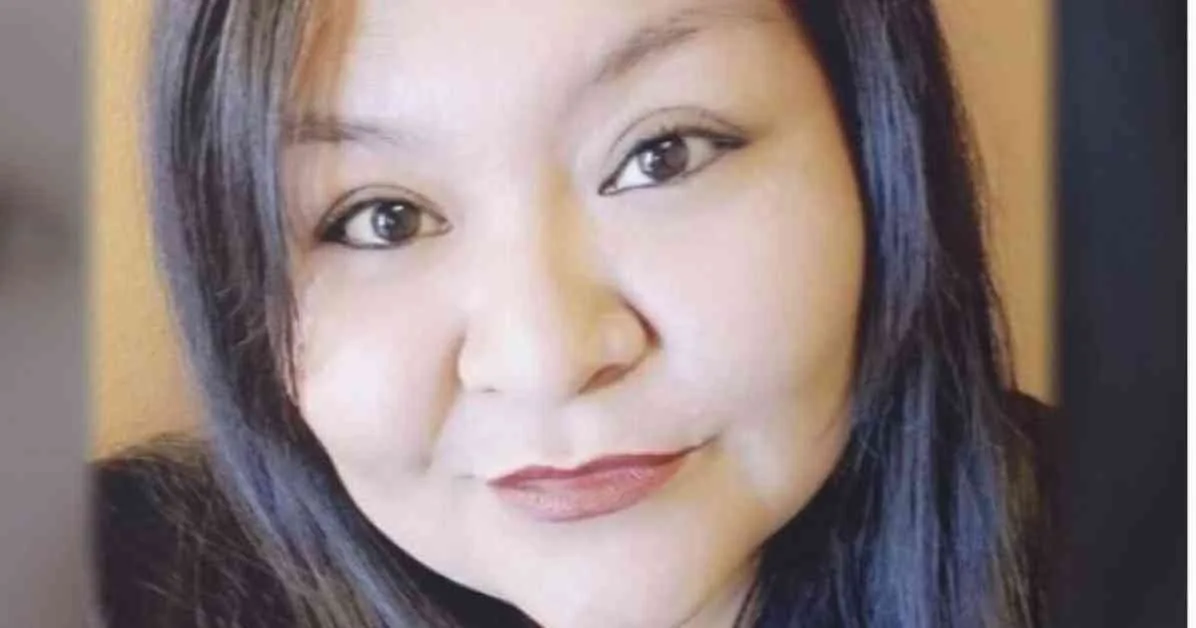**The Tragic Murder of Jamie Yazzie: A Story of Injustice and Resilience**
Five years after the tragic disappearance and murder of Jamie Yazzie, her family and friends finally saw justice served as her boyfriend, Tre C. James, was sentenced to life imprisonment for her first-degree murder. The case of Jamie Yazzie has become emblematic of the epidemic of missing and slain Indigenous women that often goes unnoticed in our society. Despite the high-profile search for Yazzie, her remains were not discovered until November 2021 on the neighboring Hopi reservation in northeastern Arizona. The sentencing of James brought closure to Yazzie’s loved ones, but it also shed light on the larger issue of violence against Indigenous women in the United States.
**The Impact on Yazzie’s Family**
The sentencing hearing for Tre C. James was an emotional moment for Yazzie’s family, who had endured years of anguish and uncertainty following her disappearance. Yazzie’s mother, Ethelene Denny, expressed the profound pain that the family had experienced since Yazzie went missing. Denny’s words, spoken in her second language of English, carried the weight of a mother’s grief and a family’s loss. The courtroom was filled with the somber echoes of a father’s voice, as a prerecorded video statement from Jamie’s father, James Yazzie, was played for the court. In the video, Yazzie’s father, who has since passed away, expressed his sorrow at the loss of his daughter and the impact it had on his grandchildren. The raw emotion of the moment was palpable, as the family grappled with the finality of the sentencing and the closure it brought to their long and painful journey.
**A Movement for Justice: Missing and Murdered Indigenous Women**
Yazzie’s case was not just a personal tragedy but also a symbol of a larger crisis facing Indigenous communities in the United States. The Missing and Murdered Indigenous Women movement has been working tirelessly to draw attention to the widespread violence against Indigenous women and girls. The movement aims to address the systemic issues that contribute to the high rates of assault, abduction, and murder experienced by Indigenous women. The U.S. Interior Department’s Bureau of Indian Affairs has recognized the violence against Indigenous women as a crisis, highlighting the urgent need for action to protect and support Indigenous communities. The sentencing of Tre C. James in Jamie Yazzie’s case is a step towards justice for all Indigenous women who have been victims of violence and injustice.
**The FBI’s Commitment to Justice**
The FBI’s involvement in the case of Jamie Yazzie reflects their dedication to addressing the violence that plagues Native American communities in Arizona and beyond. Special Agent in Charge Jose A. Perez emphasized the FBI’s commitment to protecting families, assisting victims, and ensuring that justice is served in cases of violence against Indigenous women. The sentencing of Tre C. James for Yazzie’s murder is a testament to the collaborative efforts of federal and tribal partners to seek justice for Indigenous victims of violence. The FBI’s role in bringing James to justice underscores the importance of holding perpetrators accountable for their actions and providing closure to the families and communities affected by these heinous crimes.
**The Ongoing Struggle for Justice**
While the sentencing of Tre C. James for Jamie Yazzie’s murder is a significant milestone in the quest for justice, it also serves as a reminder of the ongoing struggle faced by Indigenous communities in the United States. The high rates of violence against Indigenous women, as documented by the National Institute of Justice, highlight the urgent need for systemic change to address the root causes of this epidemic. The resilience and strength shown by Yazzie’s family and supporters in seeking justice for Jamie are a testament to the ongoing fight for justice for all Indigenous women who have been victims of violence and injustice. The sentencing of Tre C. James is a step towards closure for Yazzie’s loved ones, but it also serves as a call to action for a society that must do more to protect and support Indigenous communities.
**Conclusion**
The sentencing of Tre C. James for the murder of Jamie Yazzie brings a sense of closure to a family that has endured years of pain and uncertainty. Yazzie’s case has brought national attention to the issue of missing and murdered Indigenous women, shedding light on the systemic issues that contribute to the high rates of violence against Indigenous women in the United States. The sentencing of James is a step towards justice for Yazzie and all Indigenous women who have been victims of violence and injustice. As we reflect on Yazzie’s story, we must also remember the larger movement for justice that seeks to address the root causes of violence against Indigenous women and bring about lasting change in our society.









